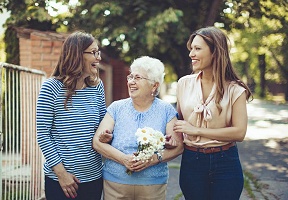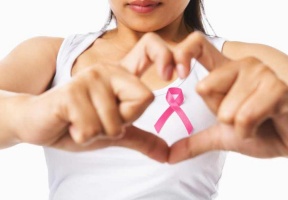

By: Ashmar Mandou
According to the American Cancer Society, breast cancer is the most commonly diagnosed cancer among Latinas and the leading cause of cancer deaths in Latinas living in the U.S. Latinos are the fastest-growing minority in the U.S., however there are limited studies about breast cancer in Latinas in the U.S. According to the American Cancer Society the rates of breast cancer incidence and death are lower than non-Hispanic white women. Yet, Latinas present for care with more advanced stage breast cancers than non-Hispanic white women. The American Cancer Society puts the number of Latinas diagnosed with breast cancer in 2015 at approximately 19,800, with estimated deaths from the disease at 2,800. Latinas tend to be less aware of breast cancer and their risk factors due to limited access to health care, language barriers, and a lack of knowledge about the healthcare system.
Possible Factors That Reduce Risk of Breast Cancer
Known possible factors that reduce the risk of breast cancer in Latinas when compared with non-Hispanic white women include, but are not limited to:
• Giving birth to a first child at a younger age and having larger families
• Breastfeeding, which is more commonly practiced by Hispanic/Latina women, especially those coming from other countries
• Less alcohol consumption
Possible Factors That Increase Risk of Breast Cancer
Some factors that may have contributed to their having an increased risk for breast cancer include:
• Being physically inactive
• Weight gain after 18 years-old
• Being obese or significantly overweight after menopause
• Breast cancer in the family
• Dense breasts
• Type 2 diabetes
• High bone mineral density
In an effort to reduce the incidence of Latinas presenting for care with late-stage breast cancers, then breast cancer awareness outreach needs to happen in communities where Latinas gather for meetings or social events, such as schools, houses of worship and community centers. Materials need to be in Spanish and community educators, preferably survivors, need to be an ethnic and cultural match to the women living in those communities, according to the American Cancer Society. Their message is for Latinas to know their risks for breast cancer. Get a mammogram regularly.











